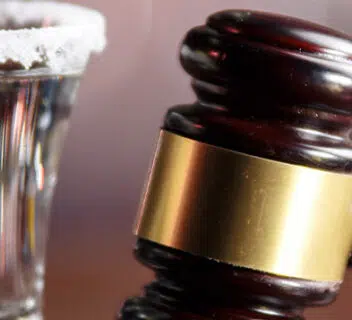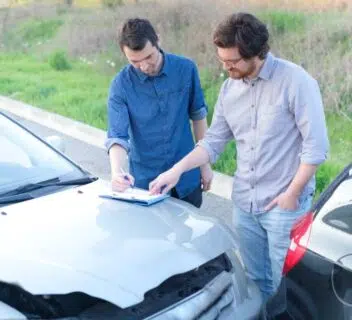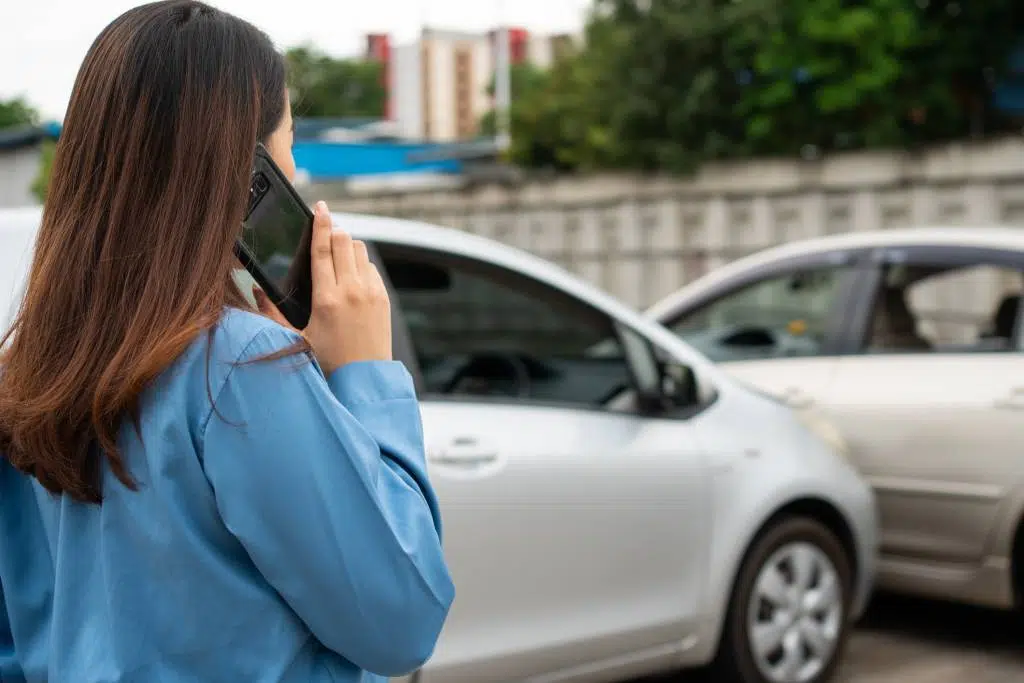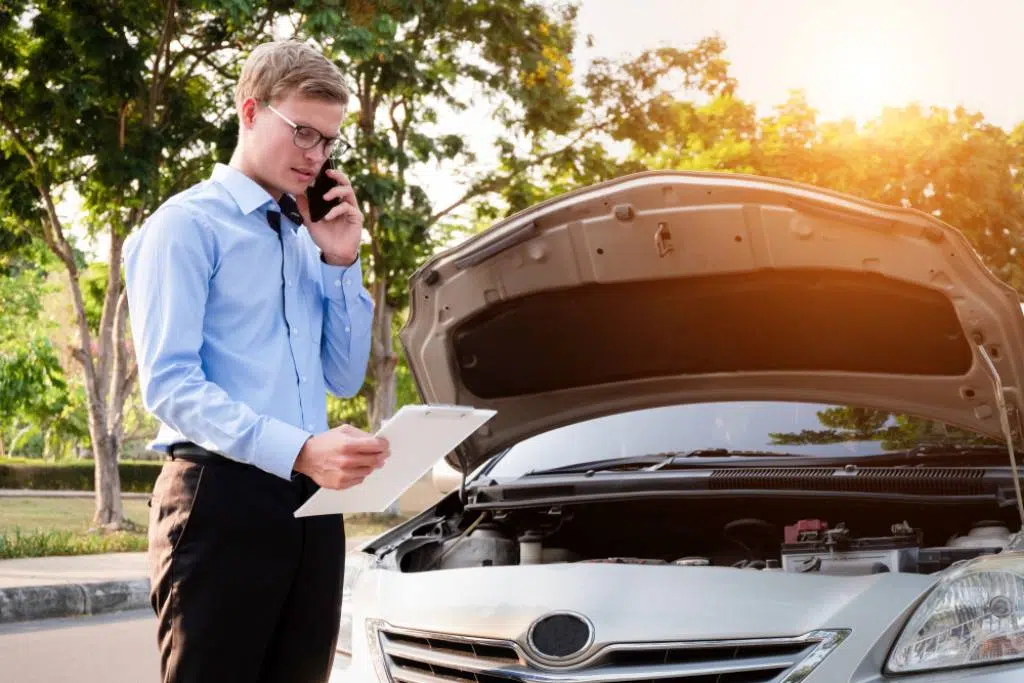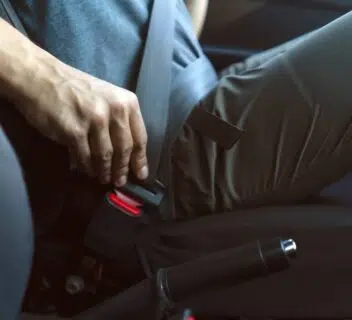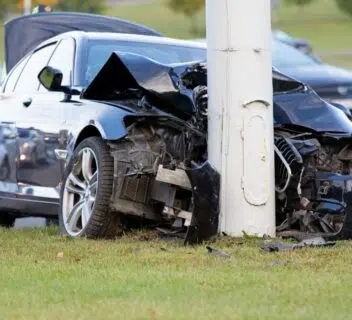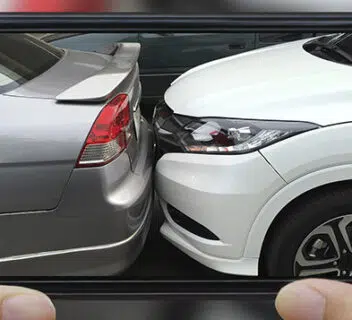If you’ve been injured in a sideswipe accident, then you could be entitled to compensation under the law. Sideswipe accidents occur when two vehicles make contact with each other along their sides, often due to traveling in blind spots or driver distraction. The possibility of a car accident lawsuit can intimidate and even confuse many people who are unfamiliar with the personal injury claim process and how it works. We understand — that’s why we strive to simplify and explain the basics of legal disputes, and here, sideswipe accidents. So if you’d like to learn more about sideswipe car accidents, read on!
What to do immediately after a collision?
After being sideswiped, there are certain steps you should take to maximize your chance of success as the case proceeds. Failure to take these steps after being sideswiped can undermine your sideswipe car accident-related injury claims and weaken your case leverage. A sideswipe accident can cause the driver to lose control of their vehicle, leading to further collisions with other vehicles or stationary objects, and potentially resulting in catastrophic consequences.
Consider the following:
- Obtain emergency medical attention. Prioritize your health. Seek immediate medical attention, if necessary, after the sideswipe accident occurs. If you’re not in need of emergency services, then you may be able to spend more time at the accident scene, handling other administrative matters — but just make sure to go to a medical facility afterward, as you may have an injury that is not symptomatic or obvious on the surface.
- Avoid excessive and detailed communication with other parties. Communications you have with others — such as insurance adjusters (really, the insurance company and its employees in general) — can undermine your case completely. That’s because any sensitive disclosures you make could be used against you when determining your claim payout and your entitlement to damages. Don’t engage in heavy communications with these parties until you have spoken to an attorney.
- Take photos and videos of the scene, the vehicles involved, and your injuries. Assuming that you aren’t rushed to a hospital immediately after the accident, take a moment to obtain some visual evidence of what happened. This will be useful to support your factual narrative of the accident.
- Obtain the contact information of any nearby eyewitnesses. Eyewitness testimony can spell the difference between the court accepting your factual narrative or rejecting it entirely.
- Consult a qualified accident attorney as soon as possible. Your attorney will handle a wide variety of tasks, some of which begin at the accident scene right after the collision — so don’t delay on this!
If I’m partially at-fault in a sideswipe accident, how will it affect my case?
As the injury victim, how your own “partial fault” will impact the case depends on the jurisdictional law that applies to your case. That’s because different states implement different doctrines of “comparative fault” and “contributory fault.” There are three doctrines that continue to be applied across the United States.
In pure comparative fault states, you — the plaintiff — are entitled to sue and recover damages even if you are 99 percent at-fault for your own injuries. There’s no restriction on bringing the lawsuit in that regard. Here’s the thing: you can bring the lawsuit, but your damages will be reduced proportionally by the fault contribution that you made. So, for example, if you’re 70 percent at-fault and your damages are $100,000, you would be entitled to recover $30,000 through a lawsuit.
In modified comparative fault states, you are entitled to sue and recover damages if you’re partially at-fault, but only if your fault contribution is 50 percent or less. If it’s more, then you’re prohibited from bringing a lawsuit. The same percentage reduction in damages applies to plaintiffs in these states.
In a limited number of states, the doctrine of strict contributory fault applies. In these states, you are not entitled to sue and recover damages if you are partially at-fault — even if you are only one percent at-fault.
This is a very restrictive doctrine, but it’s something that you can potentially overcome. You just have to show that your “fault contribution” was not actually causally linked to your injuries. So, for example, if you were driving while distracted, you can show that your negligence had no connection to your injuries since you were sideswiped by the defendant, which would not have been avoidable regardless of your attentiveness.
How much compensation can I receive if I’ve been injured in a sideswipe collision?
The compensation you are entitled to receive will depend on your claimable losses (i.e., your damages). These damages account for a variety of losses that may be sustained after an accident and include:
- Lost wages
- Loss of earning capacity
- Loss of property
- Medical expenses (i.e., medical bills)
- Loss of companionship
- Loss of enjoyment of life
- Pain and suffering
- And more
Damages can vary substantially from case-to-case.
If you experience more subjective pain after an accident (due to lower pain tolerance), then you can actually assert a higher amount of pain and suffering damages, and — if the court finds that your pain and suffering arguments have merit — you could potentially obtain a larger compensation award as a result. By contrast, someone who “suffers less” after an accident will — naturally — have a lower damages claim.
Who can I sue in a side impact collision? Is it just the other driver?
Depending on the circumstances of your case, you can potentially sue more than just the other driver (i.e., the driver who collided with you). Defendants may include:
- The other driver (naturally)
- Any other drivers whose negligence, recklessness, or intentional misconduct may have contributed to the accident
- The employer of said drivers, assuming that the drivers were engaged in job-related duties at the time of the accident
- Auto manufacturers, if a serious defect (design or manufacturing) — such as defective brakes — contributed to the accident
- The City, if a dangerous public roadway condition contributed to the accident
- Any private property owner whose property has a dangerous condition that contributed to the accident
- An auto repair shop, if the shop didn’t properly inspect or maintain the vehicle, the failure of which then contributed to the accident
- And more
As you can see, there are a lot of potential defendants in any given case. Whether you can actually sue more than the other driver will depend on the particularities of the accident and subsequent dispute.
Generally speaking, you’ll want to explore the possibility of suing multiple defendants as a strategic advantage, but there are also monetary advantages that are more foundational — for example, if the driver who hit you doesn’t have adequate insurance coverage, then suing his employer can give you access to “deeper pockets” via more substantial liability coverage, thus enabling you to be compensated fully.
How can a sideswipe car accident attorney help me with my case?
Though we’re often taught that personal injury attorneys are courtroom advocates, the truth is that attorneys play a number of different roles and handle a wide variety of responsibilities over the course of a dispute — from start to finish!
These duties and responsibilities include:
- Identifying, gathering, preserving, and evaluating evidence
- Securing comprehensive medical treatment for the injured client
- Communicating with opposing counsel, law enforcement, insurance companies, and other parties on the injured client’s behalf
- Working with experts and eyewitnesses to develop supportive testimony
- Constructing a persuasive legal argument
- Negotiating a potential settlement with other parties
- Effectively navigating court processes as they come up
- Pushing ahead to trial, if necessary due to settlement issues
- Securing whatever compensation is paid out
- And more
Phew! That’s a lot of tasks, and each of these involves a lot of legal nuances and procedures, so it’s critical that you work with an experienced car accident attorney at an early stage — if you try to handle these on your own, you may find that you’re undermining and weakening your case for damages.
I don’t know if I can afford to hire a personal injury lawyer. How much do personal injury lawyers cost?
Generally speaking, most plaintiffs’-side personal injury attorneys offer their services on a contingency fee basis. They don’t accept any fees upfront or out-of-pocket. Instead, they represent you at no out-of-pocket cost, but if they successfully secure compensation on your behalf (i.e., if you “win”), then they take a percentage cut of that compensation amount. This cut can range anywhere from 25 percent at the lower end to 40 percent or more at the higher end.
Contingency fee dynamics are very favorable to the injury victim. In essence, they lower the barrier-to-entry so that anyone can access experienced legal representation.
Further, they create an incentive structure that benefits the injured client. That’s because 1) the attorney only gets paid if you win, so they are incentivized to invest the time and energy into securing compensation for you; 2) the attorney gets paid more if you get paid more, so they are incentivized to maximize your compensation, and not just secure a paltry amount; and 3) the attorney doesn’t get paid if you don’t get paid, so there’s really no risk if you decide to pursue your claims.
Contact 1-800-THE-LAW2 for a Free Legal Consultation
If you’ve been injured in a sideswipe crash, then you could be entitled to compensation for your injuries. Sideswipe car accidents occur when two vehicles traveling in the same direction make contact with each other, typically along their sides, leading to significant damage and potential dangers. That being said, litigating a side impact collision dispute isn’t always straightforward — there are many unique challenges and opportunities that can arise over the course of the dispute. As such, it’s important that you work with experienced personal injury lawyers who can help you navigate litigation in such a way as to maximize your chance of recovery (and the amount of compensation, too).
Contact 1-800-THE-LAW2 for a free legal consultation with an experienced sideswipe car accident attorney in our network. During this free initial consultation, you’ll be able to speak candidly about your side swipe car accident case and learn more about the strategic options that are available to you. Of course, if you decide against moving forward, that’s okay, too — there’s no obligation for you to continue. So pick up the phone and call in today to get started.
We look forward to assisting you.


